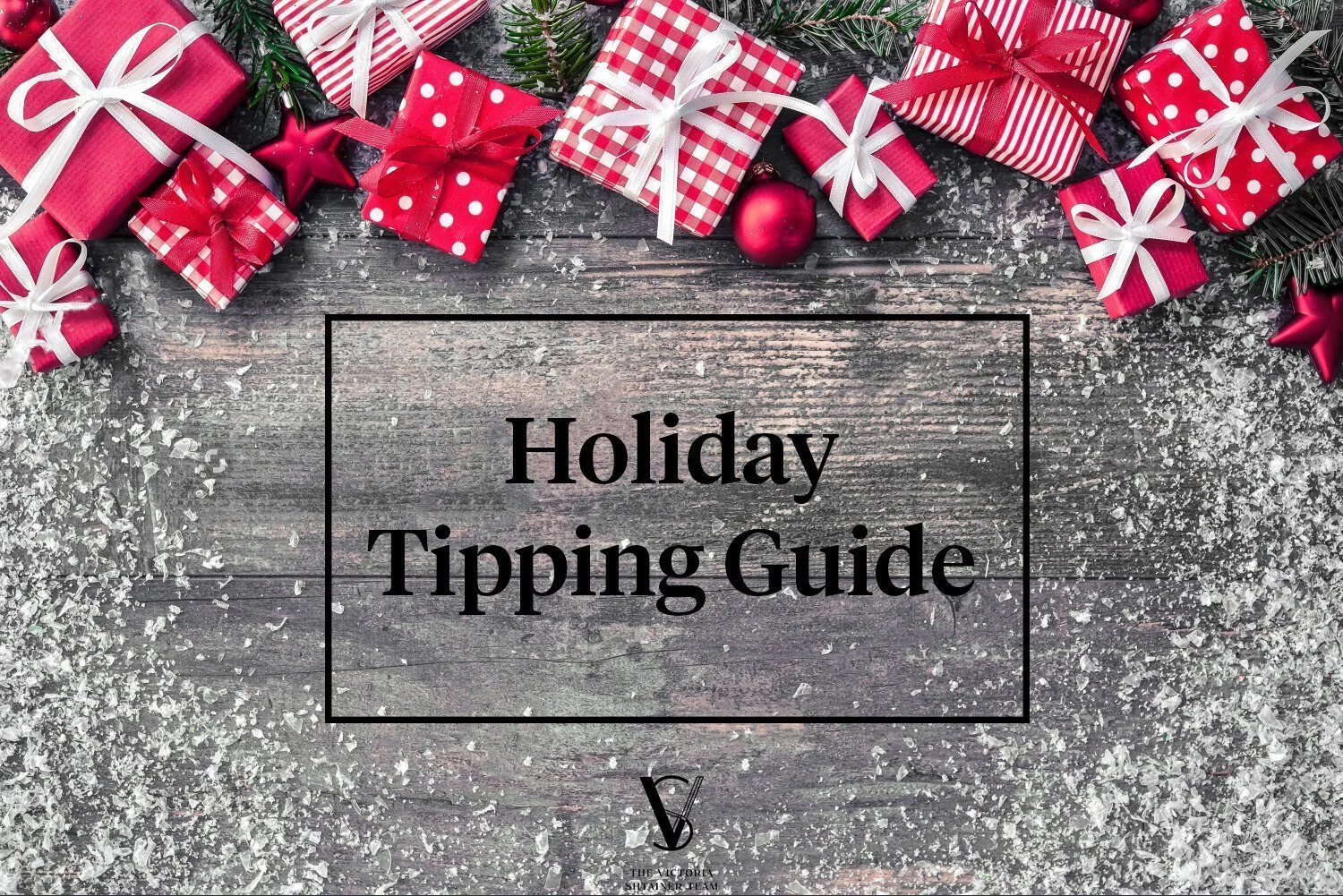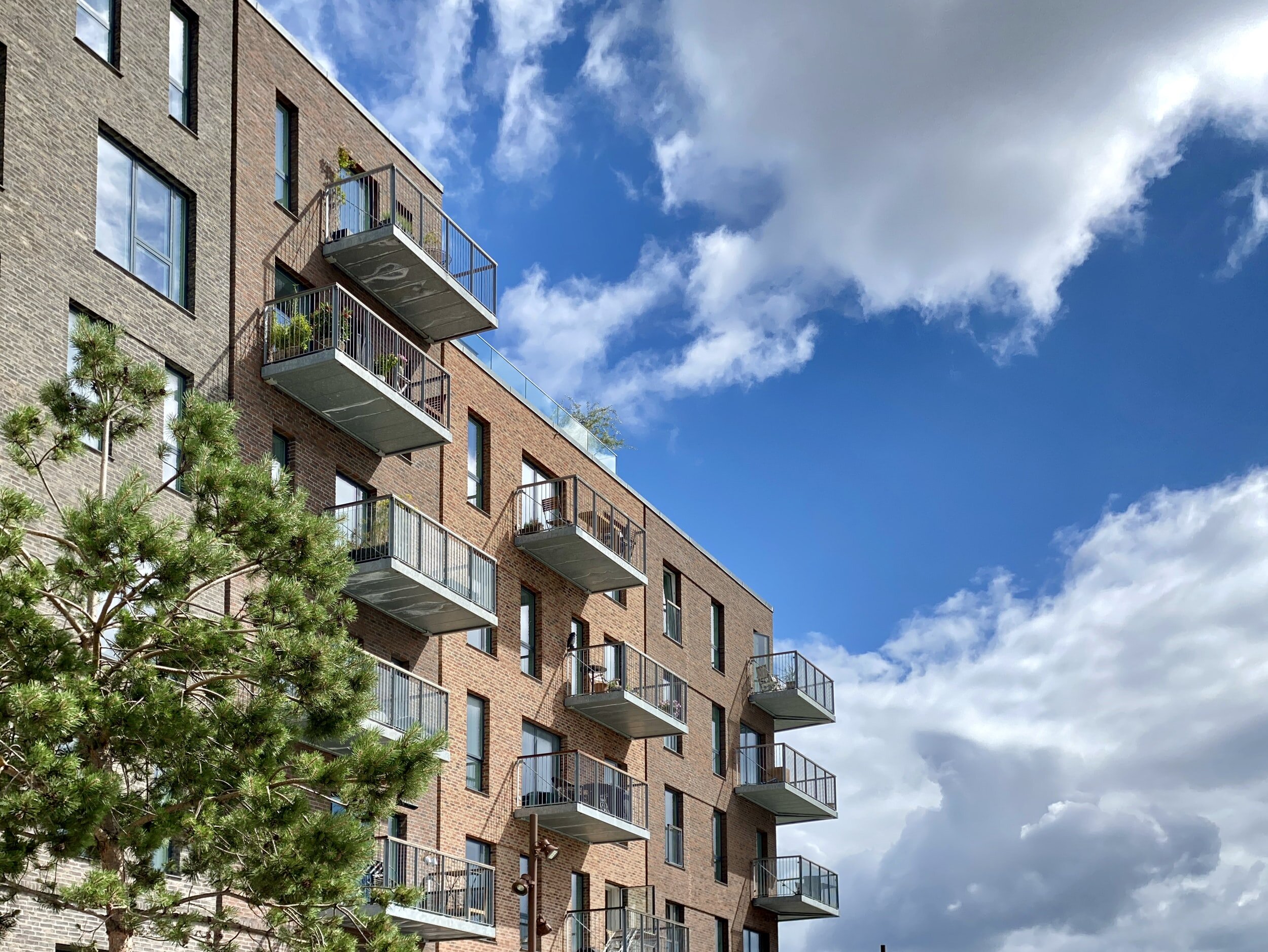Navigating New York City's real estate market can be a daunting task for potential homebuyers. The landscape has recently undergone significant changes, making it more crucial than ever to understand the dynamics of buyer representation. Central to this is the Buyer Broker Agreement (BBA), a tool designed to protect and advocate for buyers throughout the purchasing process.
1. Recent Changes Reshaping Buyer Representation in NYC
The real estate industry has seen pivotal shifts aimed at enhancing transparency and fairness:
Mandatory Written Agreements: As of August 17, 2024, homebuyers in New York State are required to sign a Buyer Broker Agreement before viewing properties, whether in person or virtually.
Commission Structure Overhaul: Traditionally, sellers covered the buyer's agent's commission. Recent changes have decoupled this arrangement, allowing buyers and agents to negotiate compensation directly. This shift promotes clarity and ensures that agents are fully committed to their clients' best interests.
2. What is a Buyer Broker Agreement and Why Does It Matter?
A Buyer Broker Agreement is a legally binding contract that formalizes the relationship between a homebuyer and their real estate agent. It outlines the duties and responsibilities of both parties, ensuring mutual understanding and commitment.
Key Aspects of a BBA:
Exclusive Representation: The agent is dedicated solely to the buyer's interests, providing unbiased advice and advocacy.
Defined Responsibilities: Clearly delineates what services the agent will provide, from property searches to negotiation and closing assistance.
Compensation Details: Specifies how the agent will be compensated, whether through a commission split, flat fee, or other arrangements.
Duration and Termination: Sets the time frame of the agreement and conditions under which either party can terminate the relationship.
3. The Importance of Having a Buyer’s Agent in NYC’s Real Estate Market
New York City's real estate market is renowned for its complexity and competitiveness. Having a dedicated buyer's agent offers numerous advantages:
Expert Market Insight: Agents possess in-depth knowledge of neighborhood trends, property values, and emerging opportunities.
Skilled Negotiation: An experienced agent can effectively negotiate price and terms, ensuring favorable outcomes for the buyer.
Access to Exclusive Listings: Agents often have access to properties not publicly listed, providing buyers with a broader selection.
Streamlined Process: From scheduling viewings to managing paperwork, an agent handles the logistical aspects, making the buying journey smoother.
4. Key Components of a Buyer Broker Agreement
Understanding the elements of a BBA is essential:
Duration: Specifies the length of time the agreement is in effect.
Agent Responsibilities: Details the services the agent will provide, such as property searches, market analysis, and negotiation.
Buyer Obligations: Outlines the buyer's commitments, including financial pre-qualification and exclusivity to the agent.
Compensation: Clarifies how the agent will be paid, whether by the buyer, seller, or a combination.
Termination Clause: Defines conditions under which the agreement can be ended by either party.
5. How to Choose the Right Buyer’s Agent
Selecting the right agent is pivotal to a successful homebuying experience:
Experience: Look for agents with a proven track record in NYC's real estate market.
Reputation: Seek testimonials or reviews from previous clients to gauge satisfaction levels.
Communication: Ensure the agent communicates clearly and is responsive to inquiries.
Compatibility: A good rapport can make the process more enjoyable and efficient.
6. Common Misconceptions About Buyer Broker Agreements
It's essential to dispel prevalent myths:
"Signing a BBA Limits My Options": In reality, it secures dedicated representation, ensuring the agent is fully committed to your interests.
"I Can Negotiate Just as Well Without an Agent": Professional agents have honed negotiation skills and market knowledge that can lead to better deals.
"BBAs Only Benefit the Agent": These agreements provide clarity and protection for both parties, outlining expectations and responsibilities.
Conclusion
The evolving landscape of New York City's real estate market underscores the importance of understanding and utilizing Buyer Broker Agreements. These agreements not only formalize the relationship between buyers and agents but also ensure that buyers receive dedicated, professional representation. By partnering with a qualified buyer's agent, homebuyers can navigate the complexities of the market with confidence, securing the best possible outcomes in their property pursuits.






























